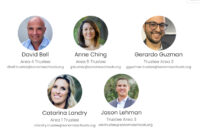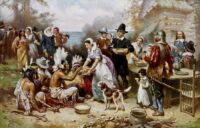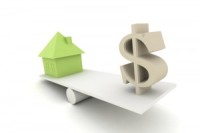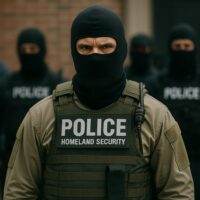During the night a few weeks ago in Sonoma, someone with an ice pick punctured car tires up and down Andrieux and Bettencourt Streets, a senseless act of vandalism that cost many people precious time and money. Recently, an elderly resident tripped and fell on the sidewalk near the Plaza; bystanders stood by and watched. Such events prompt the question: what kind of community are we?
We spend a lot of time extolling the ways in which this place is special. The food, the wine, the beauty of the land all account for millions spent by business and government to promote tourism. We often hear that this is a “giving, caring community.” Yet we are not immune to the ills that plague society in general: greed, entitlement, and a willingness to ignore disturbing events.
The stresses of the pandemic, an overheated economy, political wrangling; all these surely contribute to diffidence and insulation, but something else is at play. Our society is beset with insecurity, which inclines us to keep our heads down, find blame with others, and turn away from problems instead of joining in to solve them. Ultimately, such behavior makes things worse, not better. We can see this on social media, where no good deed goes unpunished, buried under an avalanche of shame and meanness.
Do you know your neighbors? In the event of a major emergency – a fire or an earthquake, for example – are you ready to pull together and help each other, or will you just save yourself? We’re entering fire season, and we live in earthquake country, so this question is not hypothetical. Unless we’re prepared to look out for each other, we’re doomed to chaos.
If you haven’t done so, walk your neighborhood and collect names and phone numbers. Introduce yourself. It may be you and yours that need help one day, and if you’re a stranger that help might not come. During an emergency, depending upon overworked and thinly-stretched police and fire departments is not enough; we need to be able to depend upon each other. Things as simple as a neighborhood phone-tree can make the difference between life and death.
When it comes to petty crime, like puncturing tires, neighborhood watch groups can make a real difference. Crimes are less likely when perpetrators know that someone is watching and paying attention. A simple street sign announcing that the neighborhood has a watch group has been proven effective, but in order for that to happen neighbors have to come together. Someone has to lead the effort; is that you?
If we allow ourselves to become isolated and selfishly protect only ourselves and our families, we will lose that which protects us all, namely the strength of community. It is not the food, wine, or natural beauty that gives us strength, but our bonds with each other. Reach out and make contact with your neighbors before disaster strikes. The life they save may be your own.





Be First to Comment